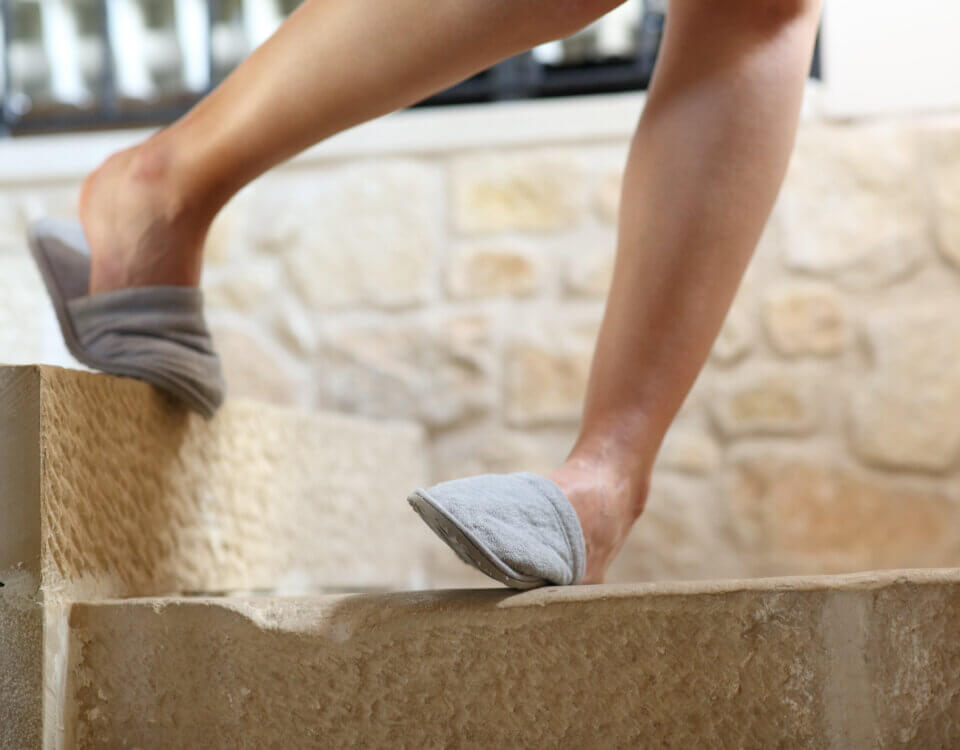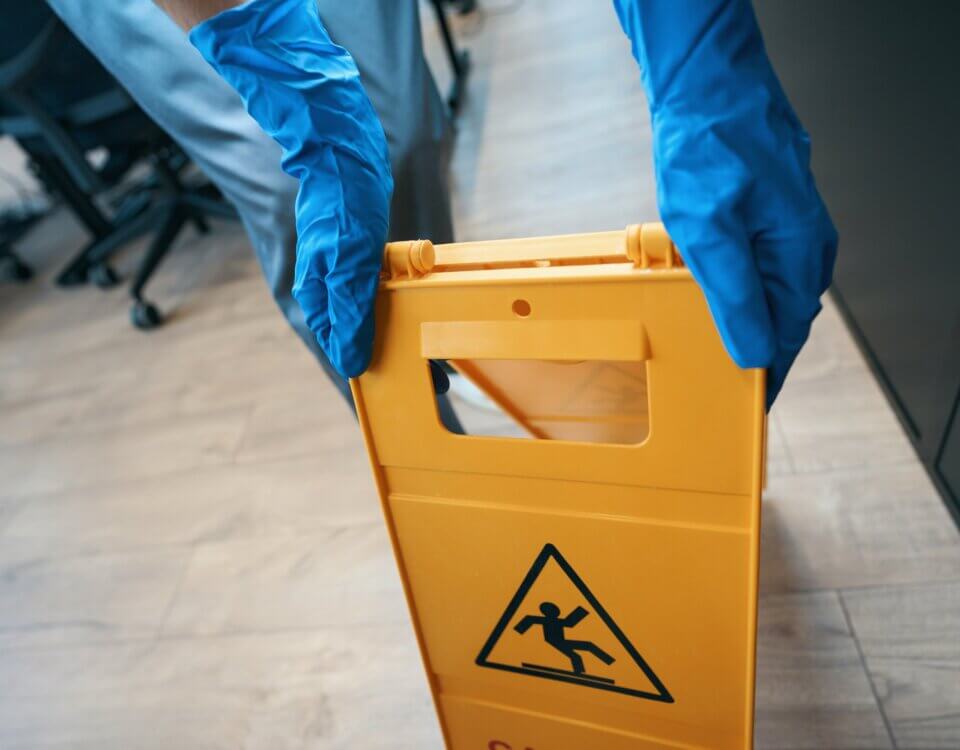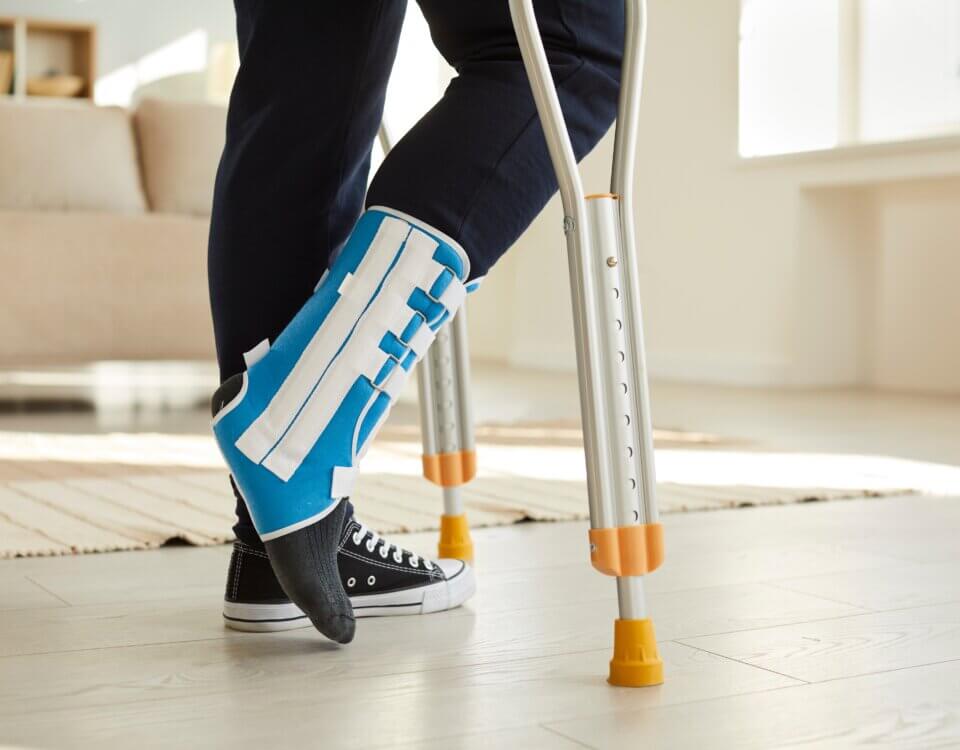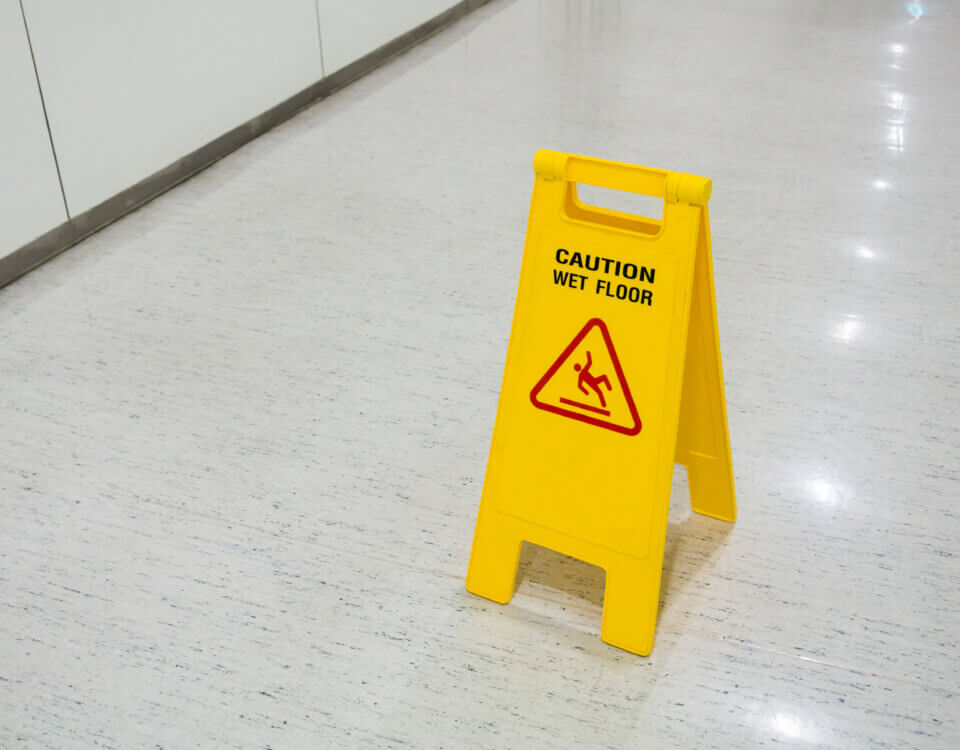If someone slips or falls on a stairway at someone else’s property whether a business, apartment, or home that may lead to a premises liability claim. Stairways are common locations of serious injuries due to hazardous or poorly maintained conditions.
What Makes a Stairway Case
Property owners have a duty to keep stairways reasonably safe. That means ensuring steps are in good repair, free of spills or debris, well-lit, and equipped with secure handrails. If a stairway has defects such as broken steps, loose railings, uneven tread or riser height, slippery surfaces, or other dangerous conditions, the owner may be held legally responsible.
Victims must also act reasonably. If they were distracted, ignored warning signs, or misused the stairs, their actions might factor into what they can recover. California uses comparative negligence, which means the victim’s compensation can be reduced by their share of fault.
Stairway Safety Standards
Building regulations require that stairways meet certain criteria. For example, riser heights and tread depths must fall within specified ranges, surfaces must be slip-resistant, and handrails or guardrails must be properly installed and maintained. These standards exist to reduce risk and serve as critical benchmarks in evaluating claims.
Timing Is Important
In California victims typically have two years from the date of the accident to file a personal injury lawsuit. Missing that deadline may bar recovery.
How Hillstone Law Can Help
If you or a loved one suffered injury from a stairway accident Hillstone Law can:
- Review the facts including condition of the stairs, photos, reports, and injuries
- Determine whether building code or safety regulation violations played a part
- Assess whether the property owner breached their duty and whether comparative fault applies
- Guide you through legal requirements and ensure your claim is filed on time
- Fight for compensation for your medical bills, lost wages, pain and suffering and any other losses
Note: These blog posts are created solely for the use of Hillstone Law. The information is gathered from internet research, publicly available sources, and artificial intelligence (AI) tools such as ChatGPT. While we aim to share helpful and educational content, Hillstone Law does not independently verify every detail. Some information may be incomplete, outdated, or subject to change without notice. If you believe any part of a post is inaccurate, misleading, or infringes upon copyright, please contact Hillstone Law immediately so we can review it and take appropriate action, including correction or removal.
Disclaimer: The material provided in these blogs is for general informational purposes only and should not be considered legal advice. Reading these posts does not create, and is not intended to create, an attorney-client relationship with Hillstone Law. Our intent is to share knowledge, raise awareness, and provide helpful resources to the public; however, Hillstone Law makes no warranties or guarantees about the accuracy, completeness, or reliability of the information provided, and expressly disclaims liability for any actions taken in reliance on it. The photos used in these posts are for illustrative purposes only and do not depict actual clients, individuals, or incidents unless expressly stated. If you or a loved one has been injured in an accident, please contact Hillstone Law at (855) 691-1691. Our attorneys are available to answer your legal questions and help you understand your rights.








